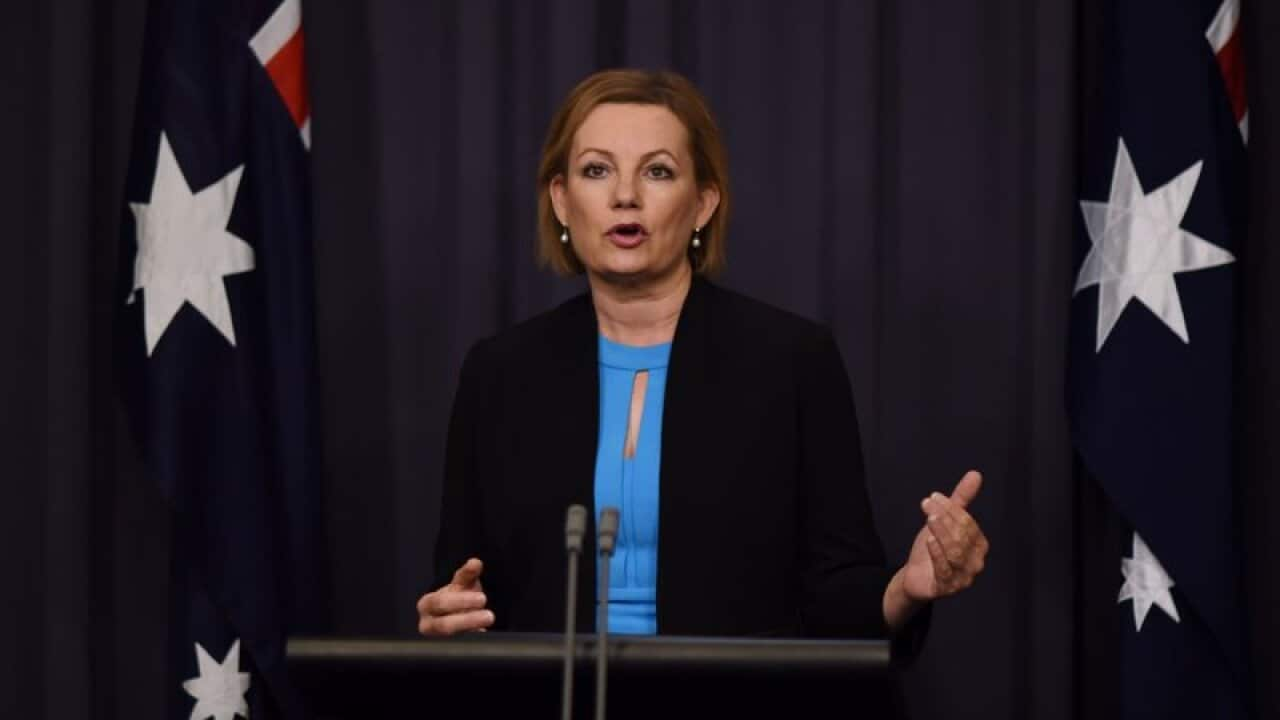Around the country, Australians are getting unwelcome news in the mail. From April 1, health insurance premiums have gone up by about $200 a year for a family and around $100 a year for singles.
The average annual cost to a family is about $4,000. The average premium is going up 5.6 per cent, or $200.
Know your policy
After decades of paying fees, Carolan Ibbotson is dropping her private health policy entirely because it doesn't cover her.
"I've never not had it but when my doctor told me I needed a procedure in day surgery, I went to a private hospital and made a claim only to be told, 'It's not covered'," Ms Ibbotson told SBS.
"I pay $278 a month and that's going up $78, for what? I think a lot of people just pay it and don't ask any questions."
An iSelect survey published on Monday shows 530,000 Australians plan to stop their health insurance premiums altogether.
Related reading

Health insurance pain will improve: Ley
Nip and tuck before you quit
Almost half of all health fund members also plan to shop around after the latest premium hikes - the last average annual increase of $185 was just last year.
Health cover costs are escalating at double the rate of inflation and many are looking for ways to reduce the burden.
Fifty-year-old Victoria Bowen-Miller said she'd talked about it extensively with her network of friends:
"The general consensus is drop all extras cover and keep hospital and ambulance cover," she told SBS.
"But you also have to bump up savings to accommodate dental and those once-a-year optical costs."
"I pay $278 a month and that's going up $78, for what? I think a lot of people just pay it and don't ask any questions."
Shop around
Ms Bowen-Miller plans to shop around for a better deal.
"I'm looking at joining a not-for-profit health fund," she said.
More than 2.5 million people Australia-wide have signed up with a Members Own health fund - a rapidly growing part of the sector.
"My friends tell me they're cheaper, they're not responsible to any shareholders so premiums are lower, Ms Bowen-Miller said.
"It's difficult to assess, though, because they never seem to appear in online comparisons.”
The increases do vary. Medibank's combined package for families is rising by nearly 10 per cent, while Bupa's top hospital cover with $250 excess is rising by 8.5 per cent.
Related reading

Govt can stop health insurance hike: Labor
Chose from 40,000 products
Leanne Wells, CEO of the Consumer's Health Forum, which represents the interests of Australian healthcare consumers, said with 40,000 products out there it was difficult to shop around with confidence.
She warned the cost and confusion risks pushing more pressure onto the public health system and the government could better direct its health spending.
"The government has a big stake with the $6 billion rebate but it could be better directed to policies with minimal exclusions," Ms Wells told SBS.
Her research has also found what she called "information asymmetry”.
"We've found 38 per cent of people in a health fund are dissatisfied more than half are confused about what's covered,” she said.
The $20 billion Private Healthcare industry said it was committed to keeping policies affordable and easy to understand while the cost of medical care rises rapidly.
"Health funds are working with government to look at ways to firstly make the system easier to understand and secondly to reduce the upward pressure on premiums so that health insurance becomes more affordable," Dr Rachel David told SBS.
"The government's announcement that the average premium increase for private health insurance funds will be 5.59 per cent, the lowest increase in four years, demonstrates the industry's commitment to keeping premiums affordable for its members."
Reform is coming
Health funds have warned the government that it will soon be cheaper to pay the tax penalty for not having private health insurance for many Australians.
A Medicare levy surcharge of up to 1.5 per cent of your taxable income is payable if you don't have private health insurance.
Health minister Sussan Ley has reassured Australians reform is coming and that next year's premium rises won't be as high as this year.
"I know people are dropping their cover, and I'm dismayed by that. And that's why the broad, balanced package of reforms that we're bringing forward," the minister told ABC radio on Wednesday.
"There are things we need to do about medical devices, about regulation, about transparency.
"As I say to insurers, affordability and value are the key things. Otherwise people will put more pressure on the public system."










